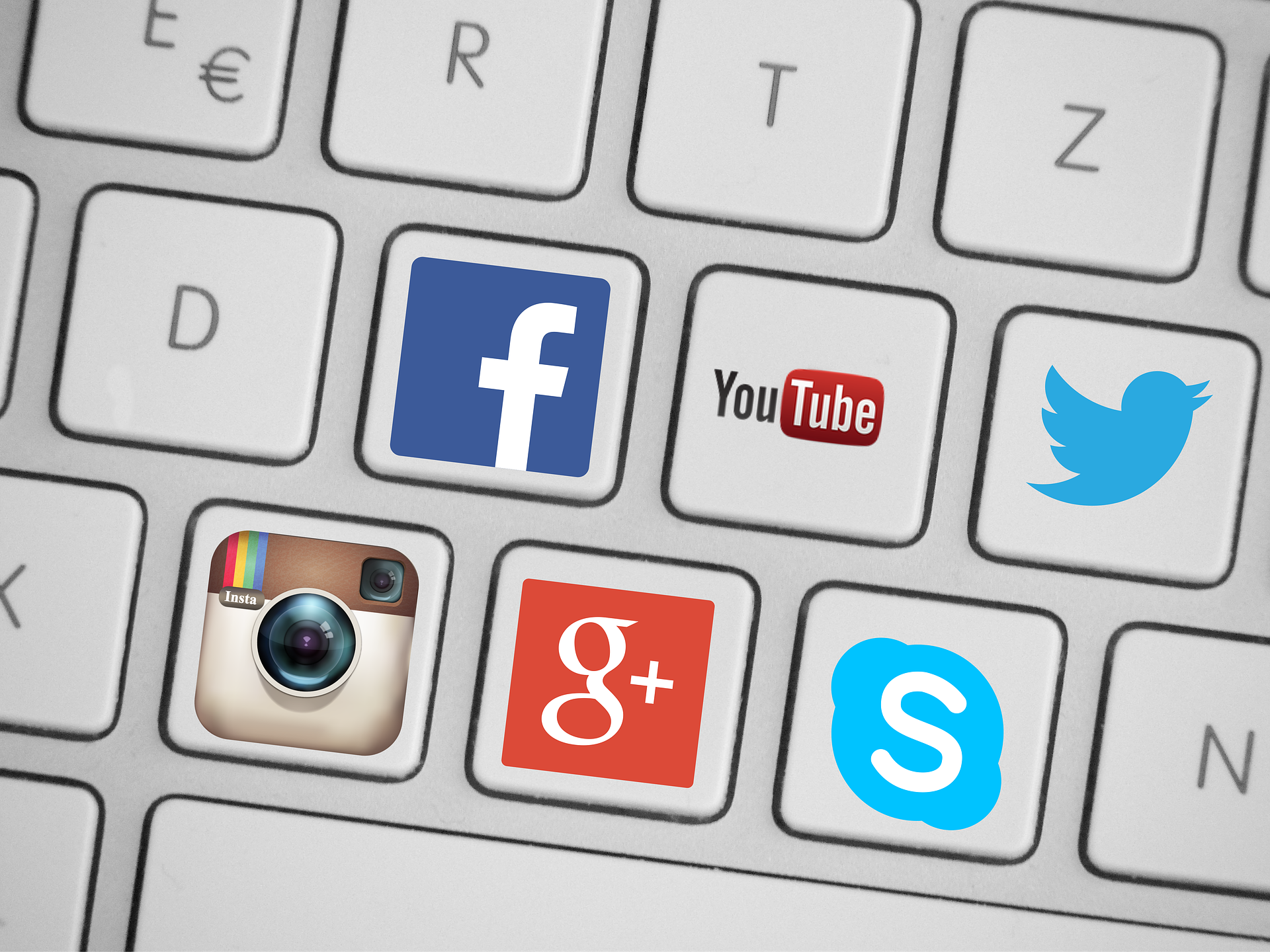When’s the last time you were bored, stuck in limbo without a phone and alone with your thoughts?
Even during the five minutes of time waiting in the self-checkout line or for my apartment elevator, I used to grab for my phone as a life preserver, lest I spend time “bored.”
Smartphones have provided endless artificial entertainment through Facebook, Snapchat, and TikTok, so we can fill up our day.
30-second highlight reels don’t replace fulfilling work. You won’t remember the times spent hunched over a screen at the end of your life, scrolling.
Ironically, people will take years of their life perfecting social media accounts and avatars, but won’t invest in their actual minds by reading books and bodies by exercising.
This is because social media provides an easy street. You don’t have to struggle, and you get dopamine when people “like” your pictures, and the best part is the content never ends.
What’s the point? To stay updated hourly on thousands of people whom you’ll likely never see again?
Author Cal Newport calls this “the cloud of external distractions”. How other people are spending their 24 hours mostly doesn’t affect you, except when you spend time watching them that could have been spent bettering your career capital.
An alternative is to pick friends and family whom you want to stay connected and unfollow the rest (you can still look them up if your paths meet) and you’ll barely notice.
Those hours could have been spent developing valuable skills to become so good that others can’t ignore you.
Athletes often watch films of past games or workouts to expose mistakes or lousy form.
This is brutal because the tape doesn’t lie. If humans watched a film of how they spent 24 hours (perhaps in their dreams), we would be horrified of how we wasted our time.
It’s more sensible to improve yourself, although it requires frustration, failure, and fatigue.
The looming cost of social media use is the opportunity cost of your time and your brain’s rewiring to constant “solutions” (read: distractions) that bar us from breakthroughs that matter.
Projects like writing the next chapter of your book, building a business, or fixing a problem when there seems to be no solution in sight.
Deep work, the kind that changes the world, requires hours of struggle and stretching before reaching the finish line.
